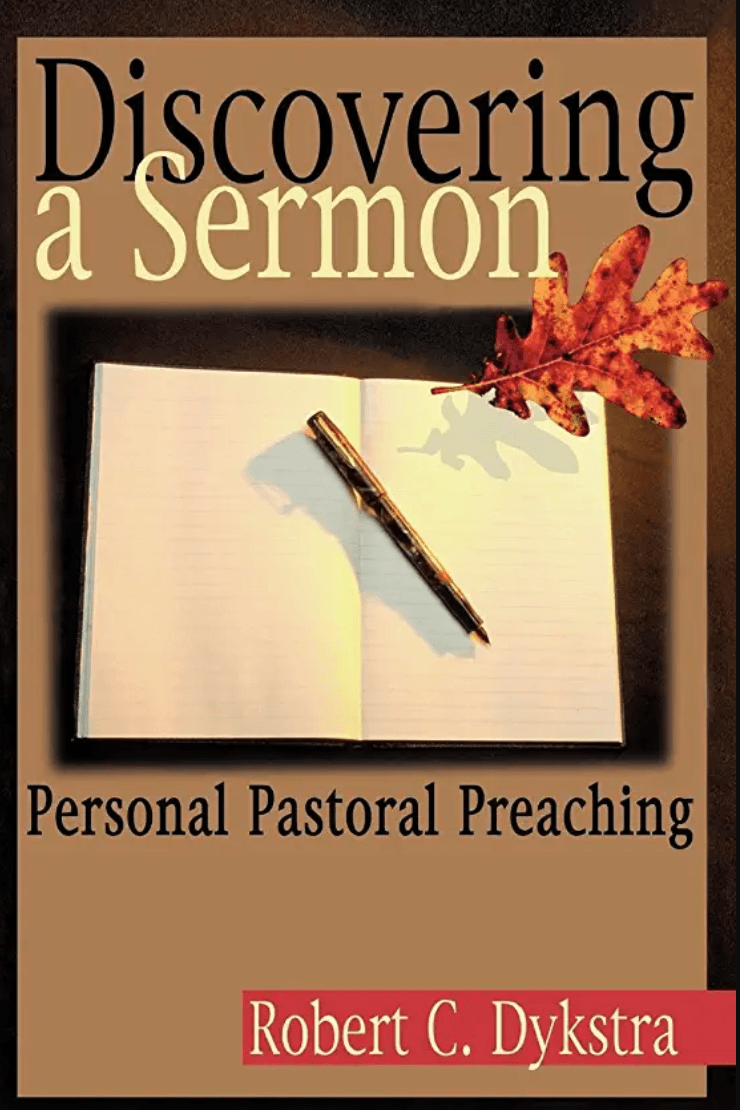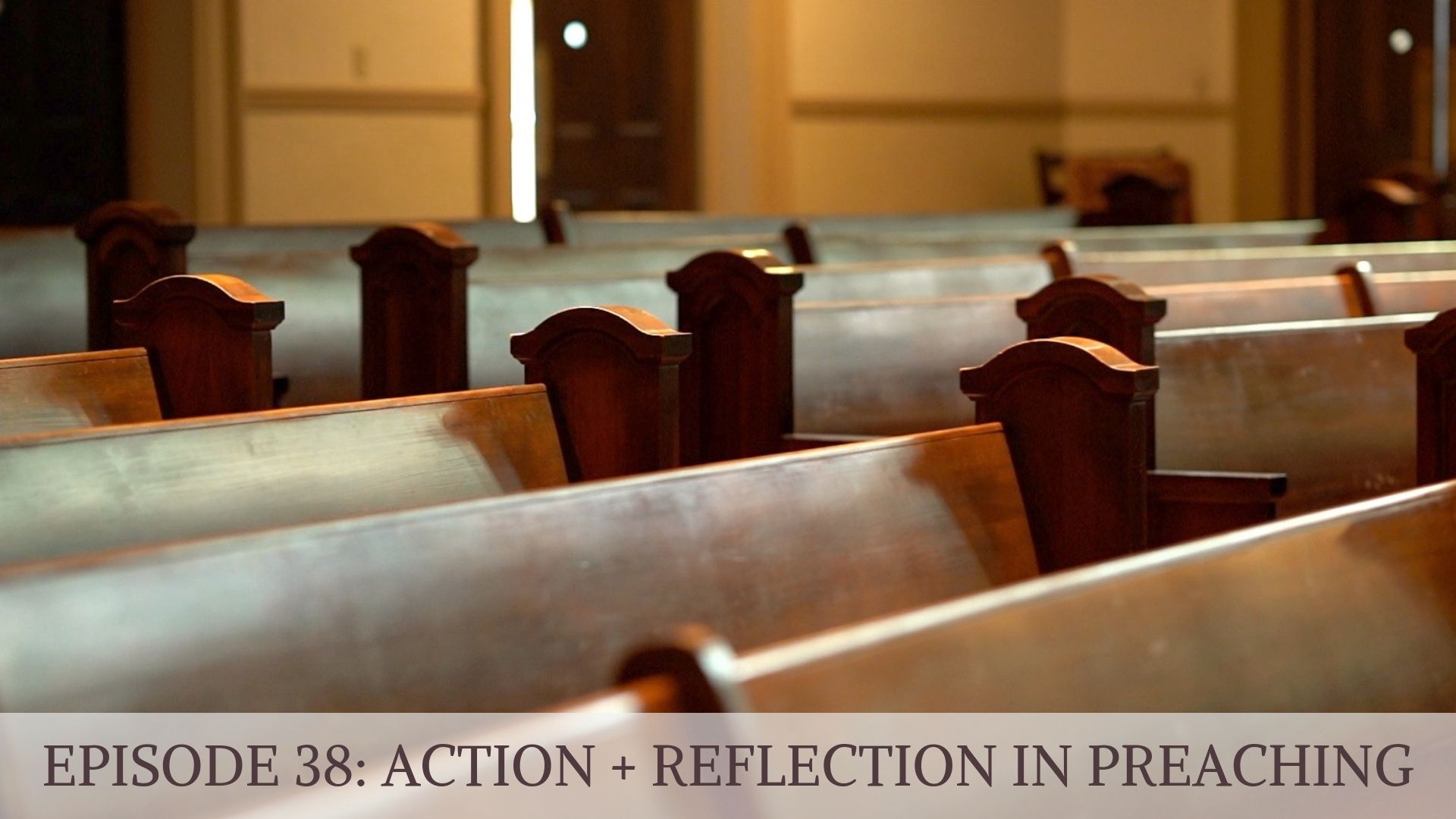Recently I joined a few other preachers to talk about the craft of sermon writing. We held our conversation as a panel discussion in a Sunday morning worship service. Six women talking together about how they might plan for preaching about Mary and Martha (Luke 10:38-42). We named where we struggled, how we prepared, what irritated and inspired us about the text. It was so much fun!
Preaching is not, however, always fun. Sometimes it is hard. Occasionally it feels like no word from God is every going to arrive. Sometimes it is anguishing to wrestle with the text and the context of our lives and wring a blessing from the experience. Sometimes preachers can find themselves in a dry patch.
This week’s episode of Three Minute Ministry Mentor features a story told to us by Derrick, a participant in the Learning Pastoral Imagination Project, from his internship year.* He told us about going through a dry patch in his weekly preaching. And he shared how reflecting on this later with his mentor led him to a deeper understanding of himself.
Speaking is a major part of leading in the practice of ministry. It might take form in delivering sermons, or working to inspire volunteers and employees, or telling the story of your organization and its purpose in the world, or leading a protest or rally, or simply chairing a planning meeting.
Like other aspects of the practice of ministry it takes time and experience to learn the ins and outs of doing the work well. Honing the practice of speaking effectively and moving people to action takes attention, action, and reflection. It takes doing it over and over until you have a greater sense of timing, delivery, and connection.

Derrick told us one of his favorite books about sermon writing and delivery is Discovering a Sermon: Personal Pastoral Preaching by Robert Dykstra. It happens this is one of my favorites, too.
Dykstra, who teaches pastoral theology at Princeton Seminary, draws on the work of psychologist D.W. Winnicott, and points out the ways that traditions and their representatives (ministers) can bring forth new meaning by playing creatively with the text(s) and their own experience. Meaning comes from action and reflection as much as thinking. And meaning in a sermon and in life meaning is both discovered and created.
++++++++++++++
It is back to school time! And also #backtoseminary! If you are looking for ways to teach and learn about mentoring for the practice of ministry, you will find a wonderful new index to 3MMM here!
It is never too late to sign up for the weekly 3MMM email! Each week you’ll receive a new episode as they are published.
Watch all the latest episodes of 3MMM? You can read and view them all here!
Are you a podcast lover, then please check out the weekly 3MMM podcast? You can find your favorite podcasting platform here!
*Derrick, a pseudonym, is a participant in the Learning Pastoral Imagination Project. This story is shared with his permission.




